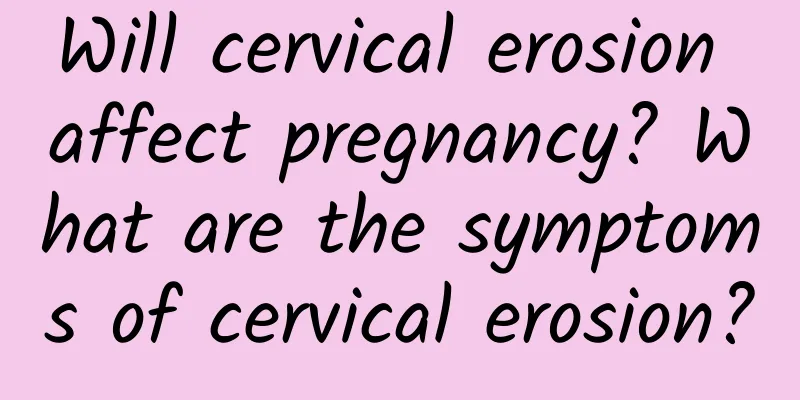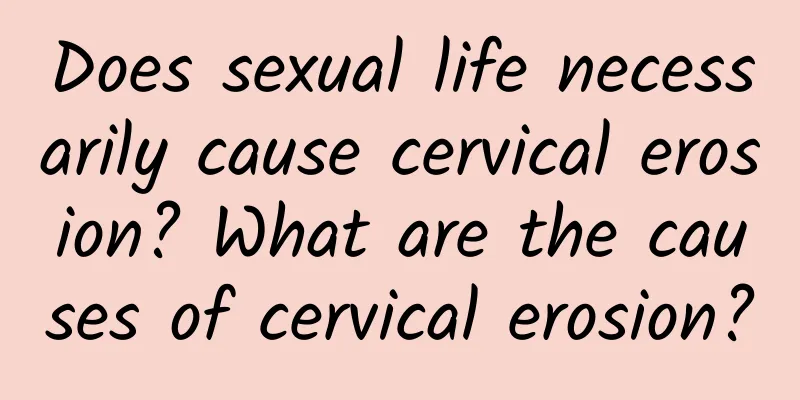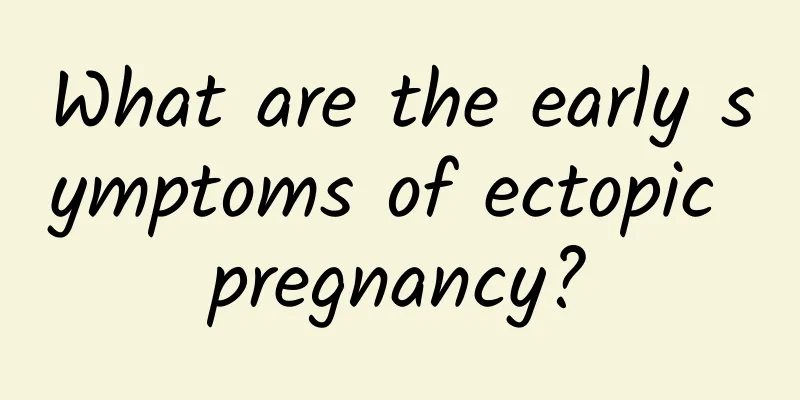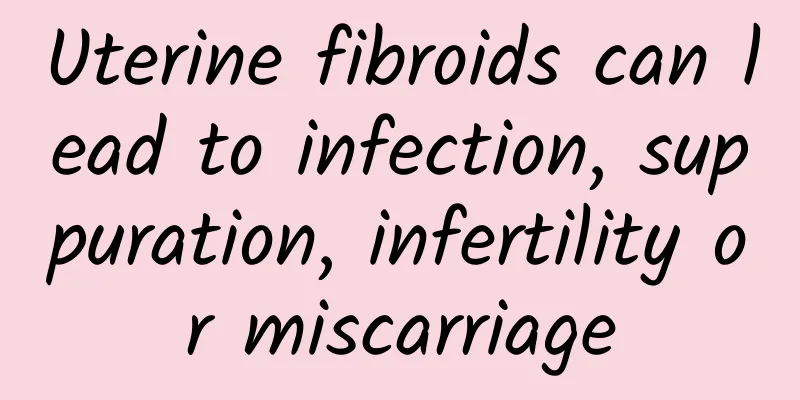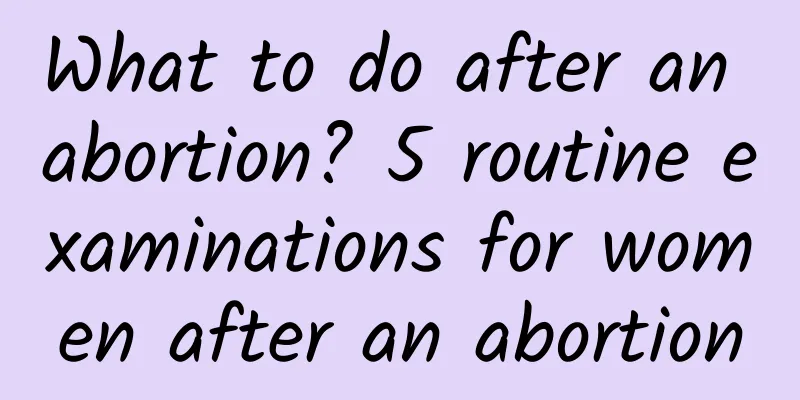Can someone with an ovarian cyst get pregnant?
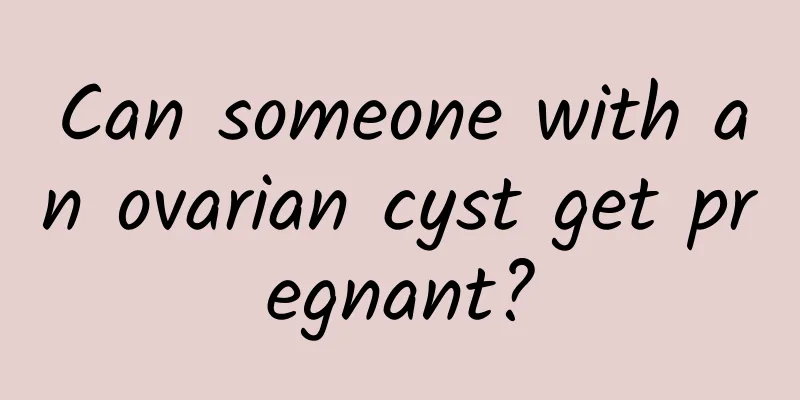
|
People with ovarian cysts can usually get pregnant, but the specific situation needs to be evaluated based on the type and size of the cyst and its impact on ovarian function. If the cyst affects ovulation or there is a risk of malignancy, treatment may be required before trying to get pregnant. Regular checkups and doctor evaluations are important steps to ensure a successful pregnancy. 1The impact of ovarian cysts on pregnancy Ovarian cysts are divided into functional cysts and pathological cysts. Functional cysts such as corpus luteum cysts and follicular cysts are usually related to the female menstrual cycle, and most of them do not require treatment and will disappear on their own, usually without a significant impact on pregnancy. Pathological cysts such as chocolate cysts and teratomas may affect ovarian function, leading to ovulation difficulties, fallopian tube obstruction or infertility. Some pathological cysts may also have the risk of malignant transformation. If the cyst is too large or complications such as cyst rupture or torsion occur, the chance of pregnancy may be reduced, and may even endanger the safety of pregnancy. 2Inspection and evaluation of cyst type Women who are planning to get pregnant should use ultrasound and other imaging tests to confirm the type and size of the cyst and whether treatment is needed. If it is a type that affects ovulation, such as polycystic ovary syndrome or chocolate cyst, the doctor may recommend targeted treatment to increase the chance of pregnancy. This may include medication such as ovulation-stimulating drugs or surgery such as laparoscopic cystectomy or ovarian electroporation to improve ovarian function and endocrine balance. 3 Cyst management during pregnancy If you still have ovarian cysts after pregnancy, you need to monitor them regularly. Some functional cysts may gradually shrink or disappear during pregnancy, but larger cysts or pathological cysts may need to be treated with minimally invasive surgery in the second trimester to avoid affecting fetal development or causing acute complications such as cyst rupture or torsion. Health management during pregnancy is particularly important, and you need to follow the doctor's advice for comprehensive tracking and monitoring. Women with ovarian cysts are more likely to become pregnant, but whether treatment is needed depends on the nature and size of the cyst and its effect on ovarian function. When preparing for pregnancy or during pregnancy, it is recommended to conduct personalized management through medical evaluation to ensure safety and health. If you are confused, it is important to seek advice from a professional gynecologist as soon as possible. |
<<: What should I eat to soften my cervical hypertrophy?
>>: How long does it take to get pregnant again after curettage?
Recommend
What harm does pelvic inflammatory disease bring to patients
Spring is the season when bacteria are most likel...
What are the common early symptoms of cervicitis?
What is cervicitis? What are the early symptoms o...
Does adnexitis alone cause left abdominal pain?
Do you know that adnexitis can cause left abdomin...
Can I still have a baby after having an ectopic pregnancy?
Ectopic pregnancy is a dangerous acute gynecologi...
How many days does it take for early pregnancy abortion bleeding to stop?
After early pregnancy abortion, the bleeding time...
Facing the truth about obesity (Part 1): Can you lose weight by eating less?
In the early 21st century, at a clinic in a slum ...
Experts explain the important postoperative care of adnexitis
Patients with adnexitis will be weak after receiv...
What is the reason for the sudden increase in menstrual flow and bright red color?
What is the reason for the sudden increase in men...
How to check scanty menstruation clinically?
Menstruation is a sign that women have officially...
How tall can an 11-year-old child grow after menstruation?
Not long ago, I treated an 11-year-old girl who h...
There is a reason for gaining weight! 6 bad habits make you gain 1 kg without realizing it
Are you very upset? Why do you gain weight unknow...
Normal color of ovulation bleeding
The normal colors of ovulation bleeding mainly in...
Antibiotics are the most common treatment for adnexitis.
The occurrence of adnexitis has a great impact on...
What are the causes of pelvic inflammatory disease?
Pelvic inflammatory disease, a common gynecologic...
Treatment of ovarian cysts with Xiaonang Mixture
Most patients with ovarian cysts often experience...

